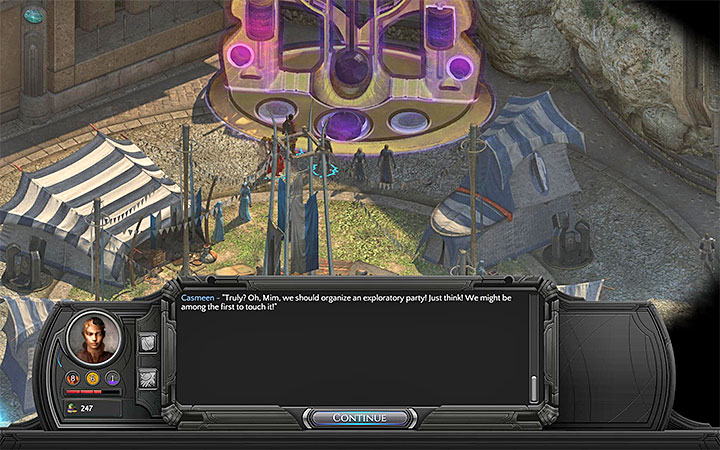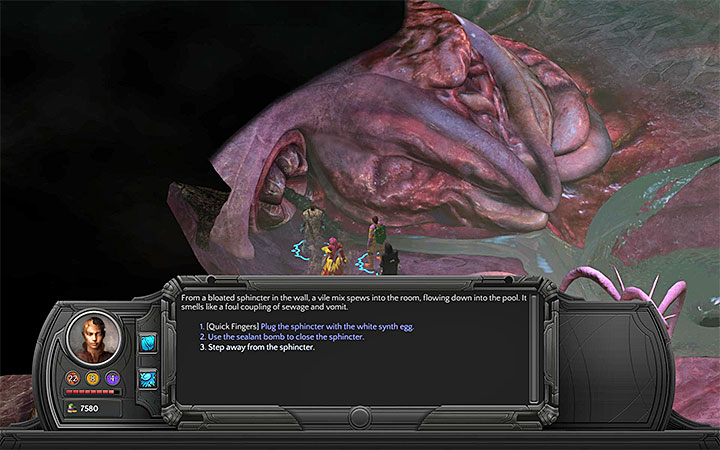


Reaching this level cap under normal circumstances is at the very least highly time-consuming. While AD&D normally has a level cap of 20, this game brings the cap up to 127.Vhailor and Dak'kon both get 2 million EXP and instant boosts to their stats right before the Final Boss if you resurrect them and choose to engage the Transcendent One in combat.The Symbol of Torment is also learned at the last minute, giving an infinite-use unavoidable attack inflicting 30-100 damage.Finding out the use for the Bronze Sphere will grant you an insane amount of power right before facing the Big Bad.11th-Hour Ranger: By the time Vhailor - a strong combat-oriented companion - can be recruited into your party, there's at most 2-3 hours left before reaching the end credits.(inXile couldn't obtain the rights to the Planescape setting.) Disco Elysium has also been pointed to as a spiritual successor, not only because of its clear inspiration from Torment, but also because of its willingness to go further in its subversion of and innovation upon RPG tropes.Īn Enhanced Edition of the game, similar to the ones done for Baldur's Gate and Icewind Dale, was released on April 11, 2017, firstly on PCs and mobile devices, and then two years later on consoles. The latter takes place in the Science Fantasy far future Earth setting of Numenera. Thanks to Kickstarter, Planescape: Torment has two Spiritual Successors: Pillars of Eternity by Obsidian Entertainment released in March 2015, and Torment: Tides of Numenera by inXile Entertainment released in February 2017. The second, released online in 2000, was a fan novelization of the game's script based on one particular play through. The first, released in 1999, went the way of the Baldur's Gate novelizations and was ripe with Canon Discontinuity. It did not sell well but was very highly acclaimed, remaining a Cult Classic to this day. Death is usually just a minor annoyance that can be often turned to your advantage.īottom line: this game is strange. You can bite your fingers off and pluck your eyeballs out in order to replace them with something better. The main character's Healing Factor allows you, among other things, to wield your own arm as a club and wear your own intestines as an armlet. Your statistics matter a great deal, and the game plays dramatically differently depending on what you decide to emphasize. Instead of a Cool Sword, you have "equippable" tattoos, earrings and even eyes. Instead of Saving the World, the player character is interested only in discovering the truth about himself. The game makes an effort to subvert or avoid as many RPG tropes and cliches as possible. Which isn't to say that the game is lacking in enemy encounters and dungeon crawling for players more interested in monster slaying. For a complete gaming experience, creating a character with high intelligence, charisma, and wisdom gives the best dialogue options. In many situations, your allies are more useful for the advice they can bring and the clues they can decipher than any capacity as "another warm body to throw at the enemy" (although some of them are pretty hot indeed). It's also well-known for being heavy on the personal interactions and puzzles, while relatively light on the combat, so much so that it's more a highly interactive novel than a game.
#Torment tides of numenera party members movie#
It's like Memento in computer game form (although it predates it, so it's more like Memento is a movie version of Planescape: Torment).
#Torment tides of numenera party members series#
What starts off looking like a stereotypical amnesia tale drops you and your hero into a very strange world with interlocking plotlines about your past, complete with a series of helpers who may or may not know more than they're letting on. Released in 1999 by Black Isle Studios and set in the Dungeons & Dragons setting Planescape in the Outer Planes, the Role-Playing Game Planescape: Torment was applauded for its storyline and script. Here, regaining your past becomes an increasingly complex proposition. Aided by a sarcastic talking skull Morte, you escape from the building into Sigil, the City of Doors, a place linked to countless planar portals, located at the center of the multiverse. You are the Nameless One, and you have no memory of who you are or how you got to the mortuary, with only a heavily scarred body and a few tattoos to give you a clue of your past.


 0 kommentar(er)
0 kommentar(er)
